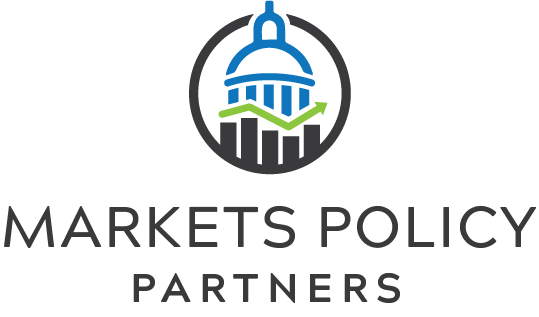Summary and Price Action Rundown
Global risk assets are rallying this morning despite heightened US-China tensions, as economic reopening and headlines regarding vaccine trials boost market spirits. S&P 500 futures point to a 1.9% higher open, which would extend last week’s solid 3.2% gain that was spurred by rising optimism over economic reopening and redoubled pledges of additional extraordinary monetary support from Fed Chair Powell. Year-to-date downside for the index is at 8.5% and the decline from February’s record high is 12.7%. Equities in the EU are moderately higher while Asian stocks jumped overnight as Hong Kong shares staged a recovery (more below). Longer-dated Treasury yields are edging higher, with the 10-year yield at 0.69%, while the dollar is depreciating as safe-haven demand wanes in today’s upbeat trading. Crude oil is resuming its recovery uptrend, with Brent back above $36 per barrel.
Hopes Over Economic Reopening and Vaccine Progress Spur Further Equity Upside
Last week’s solid US equity market rebound is set to continue today, underpinned by optimism over easing lockdowns, recovering economic activity, and more encouraging news of progress toward a vaccine. Over the weekend, biotech company Novavax announced an expansion of their vaccine trials into the first human studies. Meanwhile, Moderna released more data regarding their ongoing antibody trials. For context, White House virus expert Dr. Fauci in an interview on Friday opined that the data from biotech company Moderna on their vaccine trials “is really quite promising” and that it is a reasonable to expect, barring unforeseen setbacks, a vaccine to be ready for deployment by December 2020 or January 2021. For context, US equities were whipsawed last week as Moderna’s upbeat disclosures about their progress toward a vaccine propelled stocks higher on Monday but reports that the data was insufficient to draw any supportable conclusions set stocks back on Tuesday. And headlines this morning indicate that Merck is also engaging in efforts toward developing a vaccine. Meanwhile, reports over the weekend focused on reopening beaches and large crowds as lockdown restrictions ease unevenly nationwide.
US-China Tensions Percolate as Hong Kong Protests Resume
Relations between Washington and Beijing have continued to deteriorate over recent weeks, with Congress pushing legislation to counter China on a variety of fronts, President Trump turning up the rhetorical heat, Chinese media threatening retaliation, and pressure rising in Hong Kong. However, concerns have been tempered by reports that the protests in Hong Kong featured relatively smaller crowds than prior rounds of demonstrations and draw a standard police response. Meanwhile, Chinese officials are downplaying the impact of the law on the territory, pledging that judicial independence will continue. Hong Kong’s benchmark Hang Seng equity index steadied yesterday and gained 1.9% today. For context, the Hang Seng plunged 5.6% last Friday following the news that China will impose a stricter security regime on the territory, overriding the local legislature. Over the weekend, White House National Security Adviser O’Brien suggested that Beijing’s move falls afoul of the Hong Kong Human Rights and Democracy Act, which was signed into law last year and requires the State Department to certify that Hong Kong is sufficiently autonomous from China for the city to qualify for favorable trading terms with the US. Two Senators have introduced an even more aggressive bill to sanction Chinese entities and individuals that take part in enforcing the new security law in Hong Kong and punish banks that do business with them. Lastly, the Commerce Department placed an additional 33 Chinese entities on their trade blacklist over the weekend, drawing a stern response but no overt retaliation from China, though Chinese state media has indicated that Beijing could reciprocate by placing US firms on Beijing’s “unreliable entities” list.
Additional Themes
Boston Fed Signals Impending Start of Main Street Lending Program – In a television appearance on Sunday, Boston Fed President Rosengren indicated that the Fed’s Main Street Lending Program (MSLP) will begin buying loans within the next two weeks. The $600 billion program is designed to provide access to credit for small and medium-sized businesses, with the Fed expanding the eligibility criteria a late last month to include those with up to 15k employees and $5 billion in annual revenue. Some analysts have opined that the revisions to the program are designed to include more energy companies, which traditionally carry significant debt and are currently facing a low oil price environment. Unlike Congress’ Paycheck Protection Program, MSLP loans are not meant to be forgiven and do not have any hard requirement to spend the money maintaining headcount.
Economic Data Hints at Rebound – German exporter confidence for June missed expectations but rose from -23.1 the prior month to -18.9. Later today, the Conference Board will publish its US consumer confidence index for May, which is also expected to show improvement.
